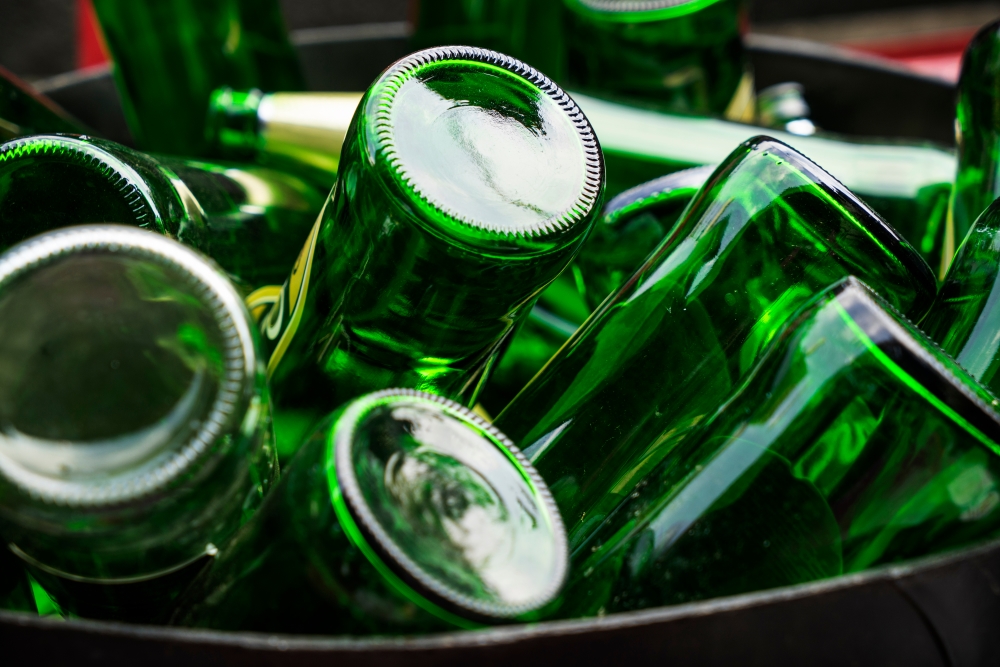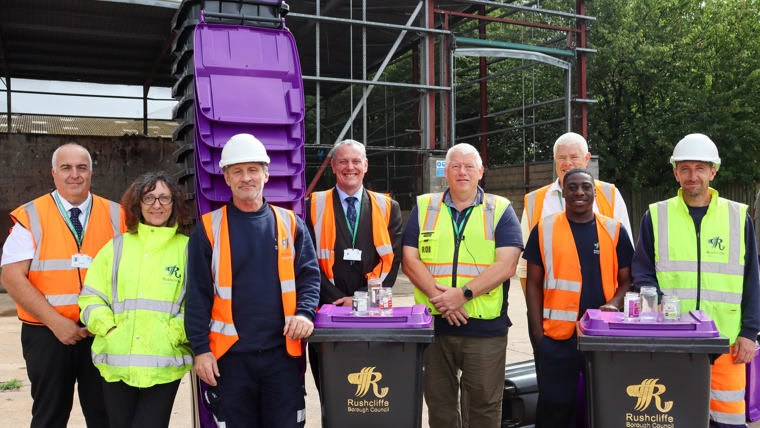The government-funded market development organisation – working with the Scottish Executive – is providing 1.2 million to carry out more work to demonstrate the commercial viability of recycled glass use in grit blasting, brick manufacture, water filtration, cement products and the leisure industry.
” Using recycled glass has been shown to offer performance, energy saving and cost benefits in a number of different applications. “
– Bronnie Allen, WRAP
While research has already been carried out into such uses for recycled glass, bringing these kind of new markets into full commercial use has been a struggle so far.
WRAP said these latest trials are designed to help industry better understand the performance and operational benefits of using recycled glass. The organisation hopes eventually to achieve a wider market uptake in the commercial world.
Demand
Bronnie Allen, materials development manager for glass at WRAP, said: “Using recycled glass has been shown to offer performance, energy saving and cost benefits in a number of different applications. With many industry sectors under pressure to improve their environmental credentials, it could well be just the answer some companies are looking for.”
Trials will include grit blasting in the marine sector with the Shipbuilders & Shiprepairers Association; brick and tile fluxing with Akristos Ltd; water filtration in the food and chemicals industry with Aqua Enviro Ltd; cement and mortar products with Instarmac Ltd; and, cement manufacture with Brand and Rae.
Work is also being carried out with the Sports Turf Research Institute on using recycled glass on artificial sports turf and with the Scottish Golf Consortium on using recycled glass on golf courses. This work will include looking at the use of recycled glass sand in the bunkers of the St Andrews golf course now this month's Open Championships has come to a close.
Demand
Glass collectors are crying out for alternative markets for green glass, which is in higher supply than the demand from the domestic container manufacturing industry because of the British taste for Continental wines.
The increasing trend for councils to collect mixed glass is also making life difficult for reprocessors, and WRAP is also now looking into various cost and operational issues relating to the collection, separation and reprocessing of source separated and mixed glass.
| Related links: |
The organisation is working with ESYS Consulting to research the economics of the glass recycling chain.
“Many local authorities are focusing on increased collections of glass at the kerbside as a way of meeting their tonnage-based recycling targets,” explained Andy Dawe, WRAP’s material sector manager for glass.
“One of the aims of these projects is to promote a sound understanding of the different options available and the relative costs and benefits,” Mr Dawe said.






Subscribe for free